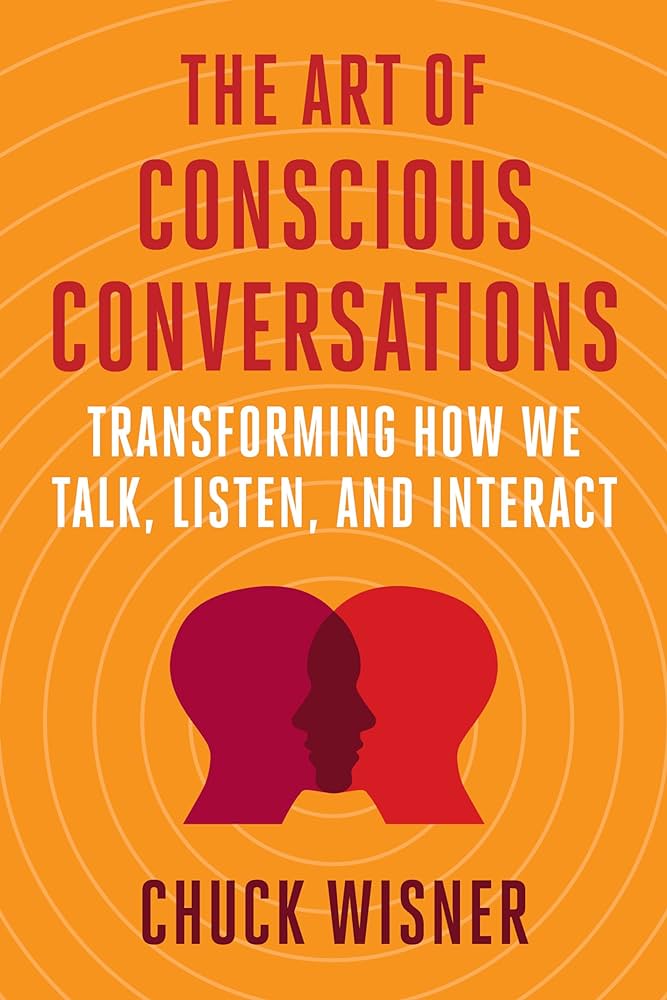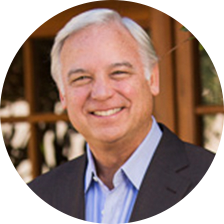Being Awake to Yourself & Others in Conversation:
In our fast-paced, digitally driven world, meaningful conversations often seem like a lost art. Amidst the noise, misunderstandings, and quick exchanges, the profound impact of thoughtful, conscious dialogue can bridge divides and foster deeper connections.
In Episode #21 of the Jack Canfield Podcast, I sit down with Chuck Wisner, author of “The Art of Conscious Conversation,” to explore how mastering dialogue can transform our personal and professional lives.
Watch the Video:
What You’ll Discover:
- The four types of conversations: storytelling, collaboration, creative, and commitment.
- How to reflect on and identify the impact of your personal stories.
- Techniques to balance advocacy and inquiry for richer collaborative dialogues.
- Strategies to foster creativity and allow ideas to flow without immediate criticism.
- The importance of slowing down and clarifying commitments to build trust and ensure successful outcomes.
Mastering the art of conscious conversation is a transformative journey. By understanding the different types of conversations, recognizing and addressing obstacles, and applying the principles of the DNA of conversations, we can create more meaningful and impactful dialogues in our personal and professional lives.
Listen to the Audio:
Understanding the Four Types of Conversations
Chuck introduces listeners to four distinct types of conversations that each serve a unique purpose in effective communication:
1. Storytelling Conversations
Storytelling conversations are self-focused and rooted in our beliefs and experiences. By examining our stories, we can identify which narratives serve us and which hinder our growth.
Key Insight: Reflect on your personal stories. Are they empowering or limiting?
2. Collaborative Conversations
Collaboration requires openness and a willingness to absorb and tolerate different perspectives. By advocating for our viewpoints while inquiring about others’ perspectives, we create a rich environment for shared understanding and growth.
Key Insight: Balance advocacy with inquiry. Share your thoughts openly and ask thoughtful questions.
3. Creative Conversations
When collaboration is successful, it naturally leads to creative conversations where ideas bubble up, and participants engage in imaginative problem-solving.
Key Insight: Embrace curiosity and wonder. Allow ideas to flow without immediate criticism.
4. Commitment Conversations
Finally, commitment conversations are about taking action and coordinating efforts. Clear promises and commitments build trust and ensure that plans are executed effectively.
Key Insight: Slow down and clarify commitments. Ask questions to ensure mutual understanding and alignment.
Connect with Chuck:
Be sure to let me know what you loved most about the episode!
Also, if you haven’t done so already, please follow the podcast. As we add new episodes, if you’re not following, there’s a good chance you’ll miss out. Follow now!



